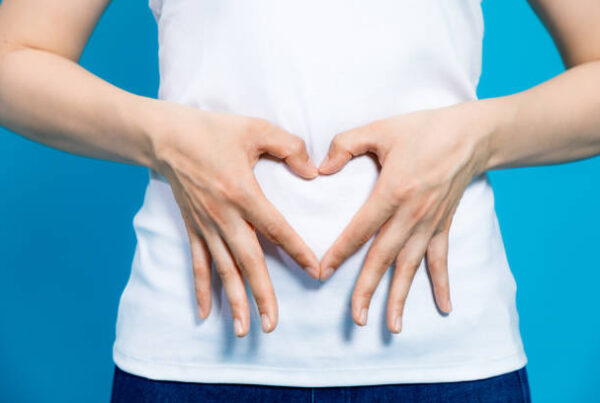Energy drinks are made to increase your level of focus, alertness, and energy.
They are consumed by people of all ages and are becoming more and more well-known.
However, a number of medical experts have cautioned that energy drinks can have negative effects, which has made many people doubt their safety.
This article examines the benefits and drawbacks of energy drinks and offers a thorough analysis of their impact on health.
What are energy drinks?
Beverages with substances promoted to boost energy and cognitive function are called energy drinks.
Popular energy drink brands include Red Bull, 5-Hour Energy, Monster, AMP, Rockstar, NOS, and Full Throttle.
Caffeine is a common component in energy drinks because it stimulates brain activity and improves focus and alertness.
Energy drinks also typically contain several other ingredients. A few of the most common ingredients other than caffeine are listed below:
- Sugar: Usually the main source of calories in energy drinks, although some do not contain sugar and are low-carb friendly.
- B vitamins: Play an important role in converting the food you eat into energy your body can use.
- Amino acid derivatives: Examples are taurine and L-carnitine. Both are naturally produced by the body and have roles in several biological processes.
- Herbal extracts: Guarana is likely included to add more caffeine, while ginseng may have positive effects on brain function.
People consume energy drinks for a variety of reasons.
One of the most popular is to increase mental alertness by improving brain function.
But does research really show energy drinks can provide this benefit? Multiple studies confirm that energy drinks can indeed improve measures of brain function like memory, concentration and reaction time, while also reducing mental fatigue.
Another reason people consume energy drinks is to help them function when they’re sleep-deprived or tired.
Drivers on long, late-night road trips often reach for energy drinks to help them stay alert while they’re behind the wheel.
Multiple studies using driving simulations have concluded that energy drinks can increase driving quality and reduce sleepiness, even in drivers who are sleep-deprived.



